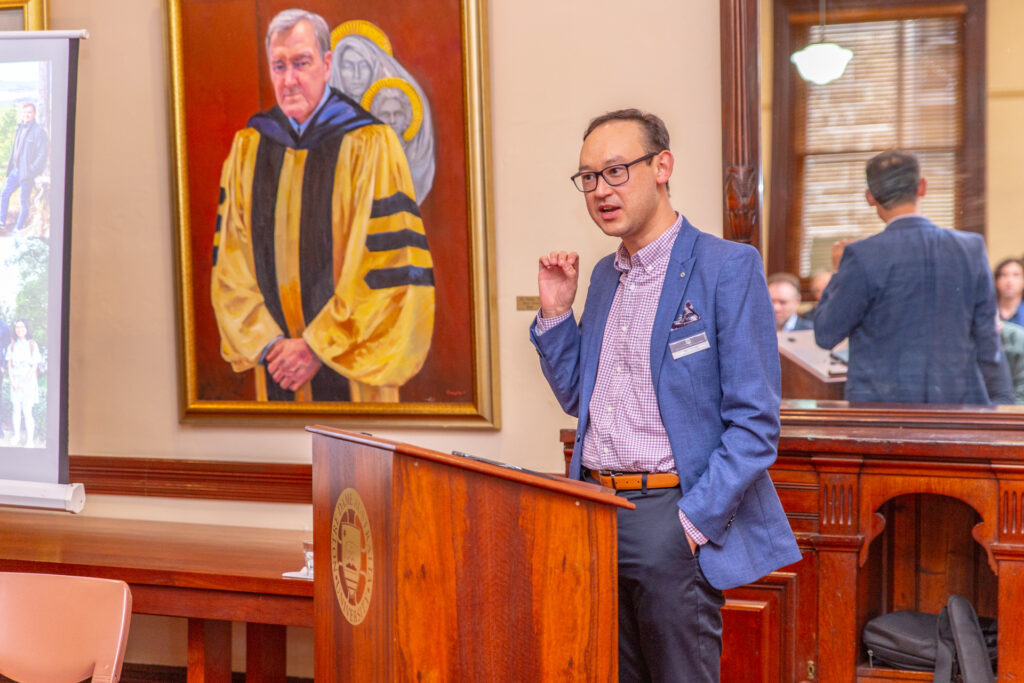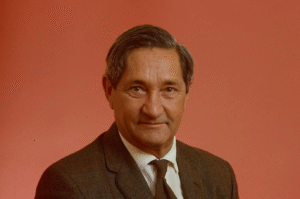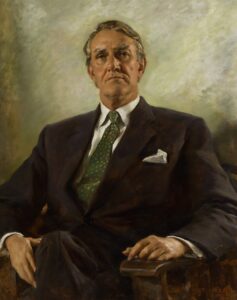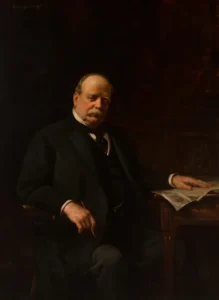A description of Freedom to Choose – a one-day conference on the life and works of Geoffrey Brennan, an inter-disciplinary liberal economist – posed what seemed to me a complex jumble of words and ideas, but curiously I emerged from the conference with a newfound clarity and philosophy on how to approach the world around me.
Brennan, the scholar of philosophy, politics and economics (PPE), was able to closely apply his personal philosophy and ideologies to his work, and so stretch the boundaries of traditional economics, bringing an unshakeable optimism through which he viewed the world and demonstrating a true passion for his work which overflowed into his interactions with those around him – from students to co-authors. His presence in the Australian philosophy, politics and economics environment echoes to this day, with my own university of UWA hosting the PPE course he advocated so passionately for.
A highlight of the conference was Michael Brennan’s talk reflecting on his father’s life – from his impact as a teacher to his academic works. Bringing a personal perspective on Brennan’s work, Michael outlined his father’s three defining qualities – an epistemic humility, contrarian streak, and finally a general equilibrium outlook. These pillars emerged in his perspective on the role of an economist, with Brennan opting not to merely advise on an ad hoc basis but instead choosing to dive into the mechanics of the world around us and understanding how public policy rules could be changed to achieve better societal outcomes. Although an ‘economist’ in the most basic sense of the word, Brennan pushed disciplinary boundaries, pointing to a zest for constantly learning and discovering how the world operates and fostering the same love in those who came on that journey with him.
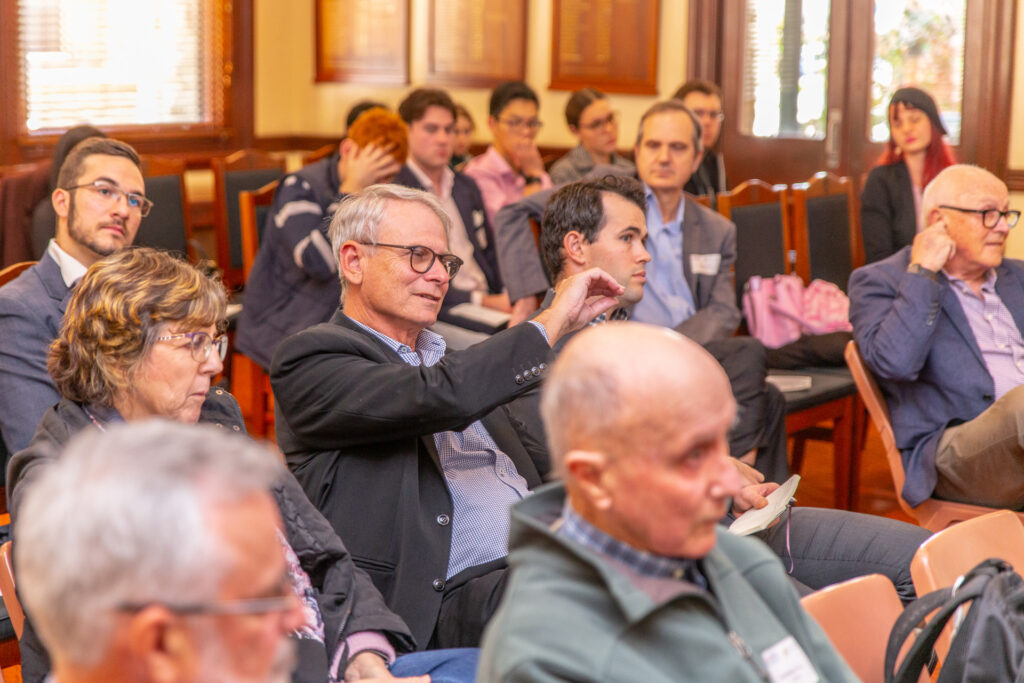
Attendees at Freedom to Choose 2023
One of Brennan’s works that particularly resonated with me was his investigation into the economy of esteem, and how the desire for prestige can drive behaviour. Understanding an individual as inherently self-interested, Brennan sought to understand how esteem is allocated and the rules of exchange that the ‘esteem market’ follows. Topics like these may seem redundant to the casual onlooker, but in reality they pose questions that dig under the surface to the core of how our society functions. How much do we value our reputations? Why do we pursue certain career goals? These quandaries are tinged with philosophical undertones, reflecting a body of work that yearns to understand the ambiguity and to answer questions which only have “maybe” as an answer.
A key discussion raised was around the tension between economic theory and its practical application in public policy. Jeff Bennett in his talk on the optimistically named Benefit-Cost Analysis (BCA) demonstrated how the injection of economics into public decision-making is often much needed to expose rent-seeking and politically fuelled proposals. In particular, he highlighted how BCA provides a macroeconomic lens as an input to decision making on major projects, rather than a decision-making rule in itself, cautioning that it could be captured by vested interests. Economic tools such as these serve as the diving block from which the government can bravely jump in directing its public policy, aiming for an outcome which can only hope to effectively leverage the behavioural urges of its citizens into positive social action.
In fact, an unquenchable optimism and belief that a net benefit can emerge from social cooperation emerges from Brennan’s writing, with the only question remaining – how can we, and the government, most effectively harness this general equilibrium? Maybe we’ll never find out how, but it would be rash to never try.

